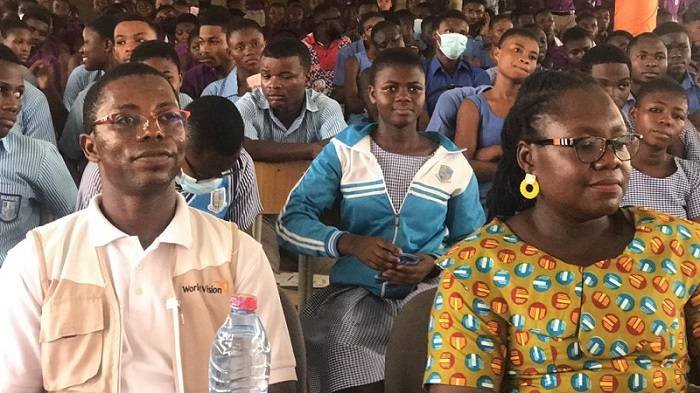The Kadjebi District Director of Education (KDDE), Mr Seth Seyram Deh, has stressed the need for parents and guardians to speak local Ghanaian languages at home with their children in order to promote the cultural values of the country.
That, according to him, would enable children to effectively learn other languages, such as English, well in school for their development.
Mr Syram Deh made the suggestion on Tuesday here at Kadjebi to mark this year’s International Mother Language Day (IMLD) celebration held on the theme: “Preserving Endangered Languages, Promoting Multilingualism, and Sustaining Linguistic Heritage”.
Mr Deh said local languages played an important role in the sustenance of the culture of the nation because language served as the vessel of history and cultural identity in a world where linguistic diversity was at risk.
According to him, preserving endangered languages was not merely a duty but an investment in the richness of human expansion, commitment to stories, wisdom and unique outlook embedded in each language that the present and future generations must understand and protect.
Mr Deh expressed optimism that parents would be committed to teach their children the local language at home, which would enable them to effectively learn other languages, such as English language, in school because when children have control over their mother languages it was easy for them to learn other languages.
The Kadjebi District World Vision International (WVI) Project Officer in charge of Reading Improvement, Mr Kennedy Amposah-Cheremeh, said multilingual education would not only enhance learning outcomes, but also promote social cohesion and mutual understanding among diverse communities.
Mr Amposah-Cheremeh observed that reading would be undoubtedly the next biggest skill the world would require, but reading with comprehension would be the pivot at which development would thrive for the present and future generations.
He announced that WVI had donated a total of 2,240, 900 copies of textbooks in local languages to schools across the country over the years, and set up local language textbook banks mini-libraries for children in 320 communities in the country, including the Kadjebi District.
FROM SAMUEL AGBEWODE, KADJEBI

